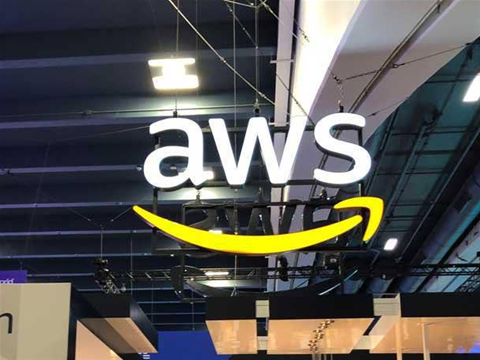Several Australian unions have called on the Australian Government to stop public contracts, including for cloud computing, going to multinational corporations unless they “meet basic standards of ethical conduct both here and overseas”.
The Australian Council of Trade Unions, the Shop, Distributive & Allied Employees’ Association and the Transport Workers Union want the Australian Government to use its buying power to demand ethical behaviour from "big tech".
In a combined statement, the unions cited concerns about "tax avoidance, labour exploitation, or other unethical behaviour."
“If you don’t pay your fair share of tax, if you deny workers their rights, if you track every second of their working day — you should not be rewarded with public money,” they stated.
Their statement pointed to the Australian Commonwealth Procurement Rules. The Commonwealth Supplier Code of Conduct, which is mandated through the Commonwealth Procurement Rules, states that: ‘Suppliers must conduct their business with integrity by acting honestly, responsibly, transparently, consistently and holding themselves accountable for their actions’.
‘Suppliers must exercise due care and responsibility and must not engage in any activities that are illegal, unsafe, exploitative, fraudulent, corrupt, collusive, or otherwise unethical’, it goes on to state.
Procurement rules "should apply not just to a local subsidiary, but to the entire corporate group’s activity around the world," the unions agued.
They focused on Amazon as an example of a multinational corporation the unions were concerned about, arguing that the government should use its purchasing power to demand higher standards.
"AWS is not the only option. There are ethical alternatives in providing cloud computing services," it reads.
The unions noted that "AWS runs data systems for agencies like the Department of Defence, ATO, ABS, CSIRO, Treasury, and more — including a $2 billion deal for Defence alone."
The federal government's Digital Transformation Agency (DTA) earlier in this year renewed its government-wide cloud sourcing arrangement with AWS for another three years.
Last year, the Australian government’s top-secret cloud infrastructure was announced as being built and run by AWS to host the country’s defence and intelligence data.
The unions commended Labor for "standing up to Big Tech and regulating social media platforms". "Now we call on the Australian Government to enforce its own procurement standards".
AWS has been approached by techpartner.news for comment.
A “nation-building activity”
An advisor with Australian ICT and digital advisory company IBRS, Dr Joseph Sweeney, likened calls to use alternatives to US cloud services to a “growing drumbeat”.
“It was a significant discussion among the European members of a recent cloud summit I attended in the USA, it was discussed at an Indian event I attended virtually, and it was discussed at another summit in Sydney very recently,” Sweeney told techpartner.news.
“The issue is nuanced. It isn't that the hyperscale cloud services are engaging in serial unethical behaviour. Instead, the parent or associated companies are seen to be doing so.”
“The deeper issue is that recent events, tech blockades, and policy statements from the US administration are causing many senior policymakers inside government to realise just how reliant their nations have become on US tech – and just how easily the US can remove access to that tech,” Sweeney said.
In the IBRS advisor's view, governments should be building domestic technology capabilities – going “far beyond” data sovereignty by owning not just the technology infrastructure but also the facilities, management of the security and encryption, and the processes and personnel that run the technology environment.
A faster approach might be a hybrid one: “For example, France and Germany have deployed a 'sovereign cloud' built on Google's technology," Sweeney said. "The AWS' Top Secret Platform' deal with the Australian Government demonstrates that it is possible to create a 'hybrid' approach with local partners."
But becoming fully independent of the four major hyperscale cloud vendors would be an opportunity, in Sweeney's view, to keep a significant amount of ICT spending in Australia, generating tax revenue and “creating new businesses and opportunities. And it then allows for ICT consumption to build the domestic economy over decades."
Creation of a local cloud to compete with the size, capabilities and skills ecosystem of the “US giants” would need to be viewed as a "nation-building activity” and led by government, he said.








-1.jpg&w=100&c=1&s=0)







.png&w=100&c=1&s=0)









